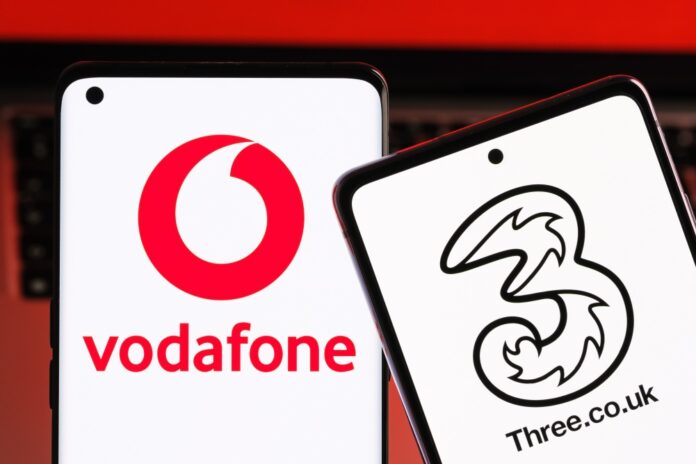Competition watchdog was heading for phase two but makes it official after receiving no assurances to its concerns from the two operators
The UK Competition and Markets Authority (CMA) has confirmed its decision to refer the proposed $19bn merger of Vodafone UK and Three UK to a Phase 2 review. The conformation comes after the companies offered no solutions to ease CMA concerns over the potential for higher prices.
Last month, the CMA said the deal might leave consumers “considerably worse off” and asked the telcos to come up with “meaningful solutions” to answer its concerns. “On 28 March 2024, the Parties informed the CMA that they would not be offering any undertakings,” the regulator said in a statement.
In late March, when it was becoming obvious the deal was heading for an in-depth investigation, the operators responded by saying it was “was an expected next step in the process and is in line with the timeframe for completion that we set out from the outset.”
The phase 2 review will take 40 working days (deadline 18 September 2024) to identify whether the deal could lead to a “substantial lessening of competition”. The CMA has named the independent panel of experts to probe in more depth initial concerns identified at phase 1.
The chair is Stuart McIntosh, an economist and specialist in regulatory economics. He was previously an executive Board Member and Group Director at Ofcom. Joining him on the panel will be Stephen Rose, Ashleye Gunn and Crispin Wright.
The CMA, like the EU, has said in the past that the UK needs four large mobile groups to provide effective competition. A merger between Vodafone and Hutchison-owned Three would cut the number of major UK mobile networks to three from four.
However, the operators said the current market structure has resulted in “the quality of mobile network services in the UK lagging significantly behind other European countries”. They argue that Vodafone UK and Three UK are “sub-scale, unable to cover their cost of capital, and constrained in their ability to invest and compete effectively against the two market leaders.”



